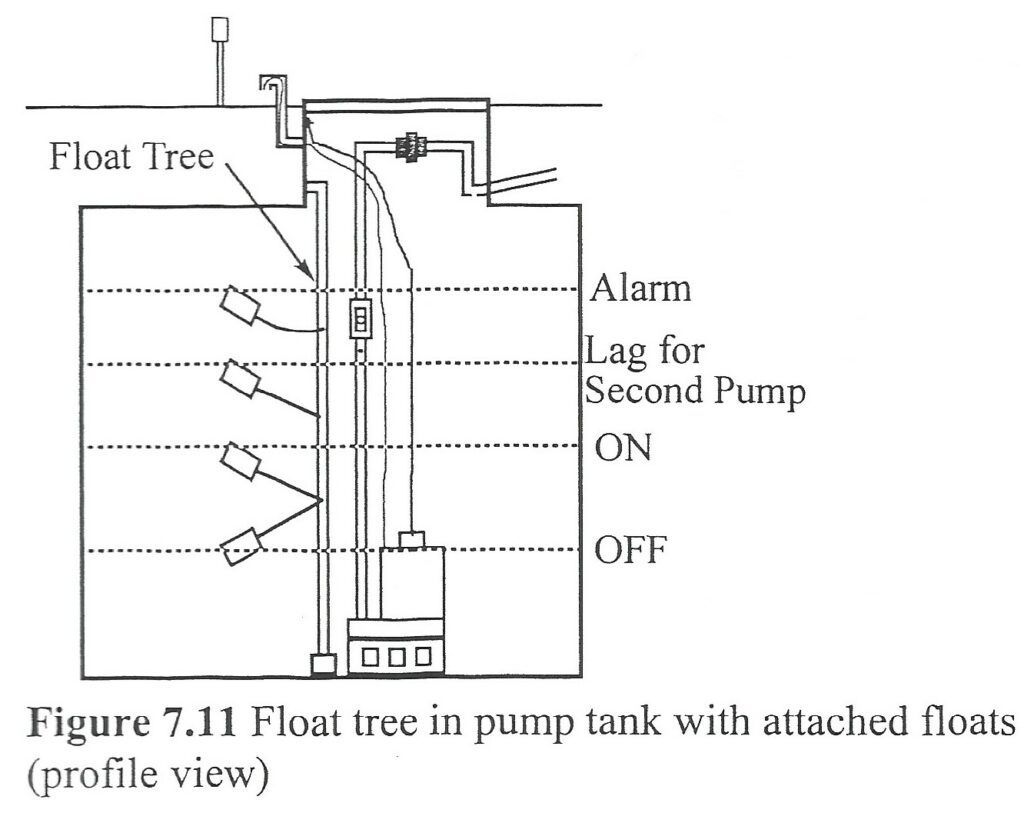GREASE TRAPS & LIFT STATION REPAIR AND INSTALLATION IN THE GREATER HOUSTON AREA
Grease Trap installation and repair
A grease trap is a plumbing device designed to intercept most greases and solids before they enter a wastewater disposal system. Common wastewater contains small amounts of oils which enter into septic tanks and treatment facilities to form a floating scum layer. This scum layer is very slowly digested and broken down by microorganisms in the anaerobic digestion process. Large amounts of oil from food preparation in restaurants can overwhelm a septic tank or treatment facility, causing release of untreated sewage into the environment. High-viscosity fats and cooking grease such as lard solidify when cooled, and can combine with other disposed solids to block drain pipes.
-
When does a restaurant need to use a grease trap?
The recovered grease or “yellow grease” is recycled with the waste vegetable oil from the kitchen’s deep-fryers. Restaurants need not effect grease trap pumping as do restaurants with conventional grease traps or grease interceptors. Passive grease traps and passive grease interceptors must be emptied and cleaned when 25% full.
-
How often does a grease trap need to be cleaned?
For this reason, the trap must be cleaned / pumped out on a regular basis. The time between cleaning / pumping out the trap will depend on the amount of wastewater produced and the size of the grease trap but it is usually every 2-4 weeks.
-
Do I need a grease trap in my commercial property?
In most areas of the US, a grease trap is a required system for a commercial kitchen. If you don’t comply with local grease trap standards, you may end up with a major fine. And this is especially true if your kitchen is found to be responsible for damage to the public sewer system, or if it poses a public health risk due to backed up sewers.
-
What is a grease trap in a septic system?
Septic Tanks and Grease Traps. Grease traps have long been used in restaurants and food processing plants to prevent fats, oils and grease (FOG) from entering the septic tank and, eventually, the drainfield or sewer system. When properly serviced and maintained, they are very effective at reducing FOG levels in the system.
Lift Station installation and repair
Most residential lift stations require cleaning once every 12-24 months. Commercial lift stations, however, may require more frequent cleaning but it is recommended to clean it at least once a year. This process can be done by having our jet vac cleaner to dislodge the accumulated waste and our vacuum truck to suck it all away.
-
Why do commercial properties need a lift station?
Most commercial properties have a lift station positioned on the premise to ensure that sewage or storm drainage is pumped offsite to the city’s sewer collection system. These systems need maintenance and are very critical.
-
Why do I need TER's lift station service?
TER’s lift station service provides a contract maintenance plan to keep your systems in proper working order, to ensure your property will stay in compliance with health or county regulations and to reduce the risk of any future failure.
-
Commercial lift station costs
There are more than two million sewage lift or pump stations in the U.S. All work on the same principle and with the same objective of moving sewage from one level to a higher elevation. Their installation costs generally range from $150,000 (20-gpm) to $1.5 million (100,000-gpm), based on capacity and complexity.
ALARMS & SEPTIC SERVICES IN HOUSTON
IS YOUR SEPTIC ALARM GOING OFF?
Reason: Due to high levels of effluent in the Pump Tank (3rd Tank).
Temporary Solution: Pump out & clean your Septic Tanks.
Possible Long-Term Solution: Replace the pump in the 3rd Tank. Check power to the system & test wiring to ensure it is operating properly. Unclog any grease buildup. Backflush any disposal spray lines or drip lines.
*It is possible that grease buildup in the system has backed up the septic tanks causing the alarms to sound. In general, it’s highly recommended NOT to put grease down the sink to protect your expensive Septic System.
*Call us now for Emergency Services in your area at 281-516-9530!

Location
22039 Lutheran Church Rd, Tomball, TX 77377, United States of America
Call
All Rights Reserved | T.E.R. Septic Site and Utilities LLC